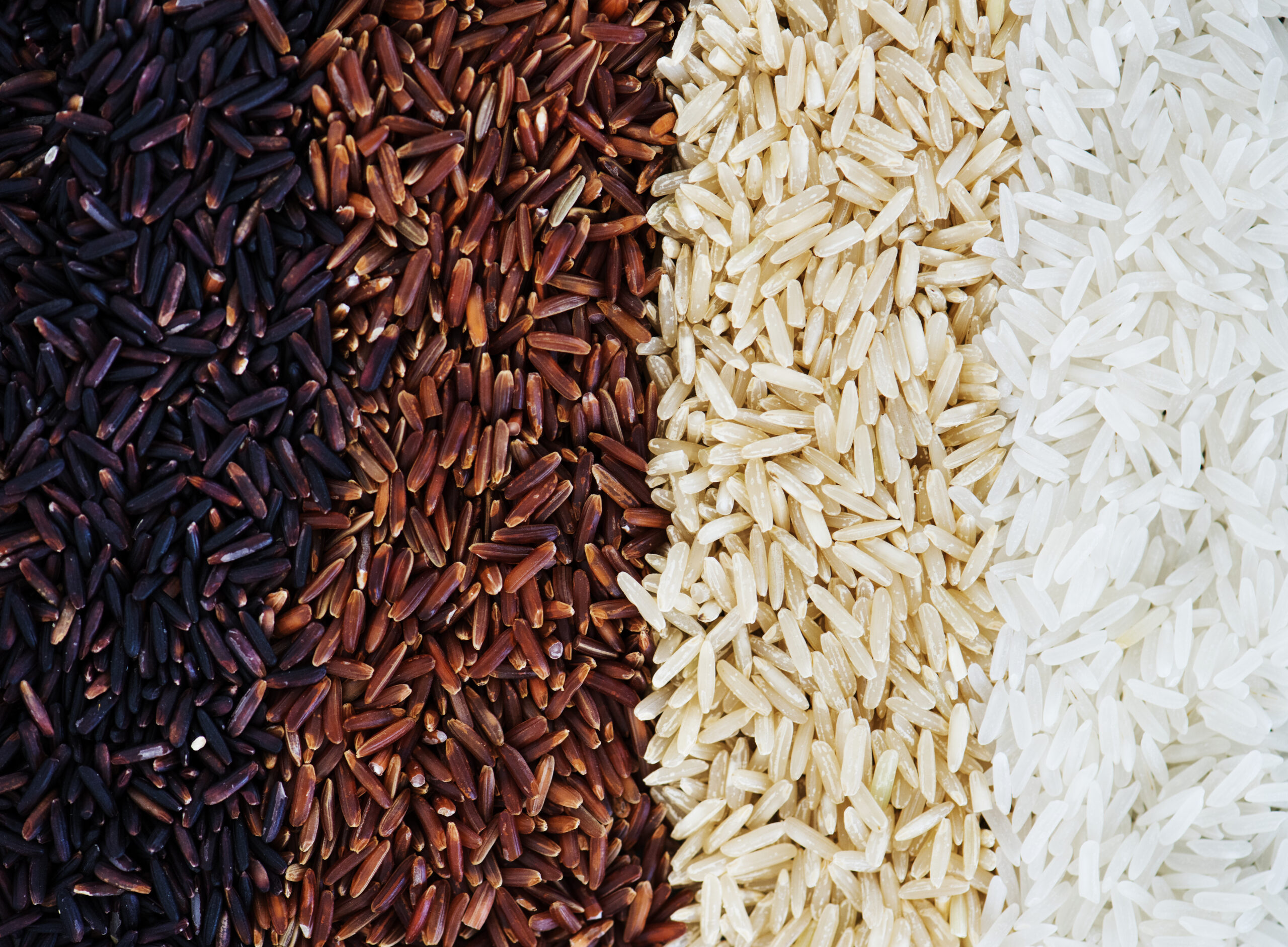Vitamins are one of the ingredients your body needs to help maintain good energy levels and have a balanced diet, do regular exercise, and get enough sleep.
Even though all vitamins serve different essential functions for your body, some vitamins help boost your energy levels, making it easier for you to go through the day feeling energized and well-rested! If you don't get enough of these nutrients, you might feel tired or weak.
Let's explore some of these energy-boosting vitamins.
Vitamin B12
Vitamin B12 is a critical nutrient that your body needs to perform many essential functions. For instance, it helps regulate the metabolism of fats and carbohydrates, which provide you with energy. Vitamin B12 also helps prevent anemia, making you feel tired and weak.
Adults need 2.4 mcg of vitamin B12 daily to maintain healthy vitamin B12 levels.
Vitamin B12 is naturally present in fish, meat, poultry, eggs, and dairy products. For example, 3 ounces of ground beef can meet your daily vitamin B12 requirements. If you are a vegan or vegetarian, fortified foods like cereals and nutritional yeast also offer a good source of vitamin B12.
Vitamin B1 (Thiamin)
Vitamin B1 is also known as thiamin and helps turn the foods you eat into energy in your body for the metabolism of carbohydrates and protein.
The early stages of a vitamin B1 deficiency can result in muscle weakness, confusion, and irritability.
The recommended daily intake for vitamin B1 is 1.2 mg for men and 1.1 mg for women.

Vitamin B1 can be found in whole grains, meat, fish, legumes, and seeds. Even though these foods are good sources of vitamin B1, heating or processing foods that contain vitamin B1 can reduce their vitamin B1 content. For example, white rice contains only one-eighth the amount of vitamin B1 that brown rice has. Because of this, it is recommended to go for whole grains instead of refined grains to meet your vitamin B1 needs.
Vitamin B2 (Riboflavin)
Vitamin B2 is also known as riboflavin, and it is one of the vitamins included in the vitamin B complex. Just as in the case with vitamin B1, vitamin B2 aids in releasing energy from foods into your body.
Vitamin B2 deficiency can leave you feeling weak or exhausted, as well as lead to skin disorders and hair loss. Even though vitamin B2 deficiency is rare, vegans, vegetarian athletes, and pregnant or breastfeeding women who rarely consume meat or dairy products are at greater risk of experiencing vitamin B2 deficiency.
Vitamin B2 can only be stored in the body in minimal amounts, and any excess is excreted through the urine, making it even more critical to include it in your daily diet. 1.3 mg of vitamin B2 for men and 1.1 mg of vitamin B2 for women is the recommended daily intake.
To ensure enough vitamin B2, include some dairy products in your daily diet. Milk, yogurt, and cheese are all excellent sources of vitamin B2. Fatty fish, eggs, nuts, and dark green vegetables are also good sources of vitamin B2.
Vitamin B3 (Niacin)
Vitamin B3 is also known as niacin and is an essential nutrient that is involved in more than 400 reactions in your body, helping you extract energy from the food you eat for your body.

Like other vitamin deficiencies, inadequate vitamin B3 intake can feel weak, tired, or numb. But more significantly, it can also result in a loss of appetite. It is therefore essential to reach your daily vitamin B3 needs, which is 16 mg of Niacin for men and 14 mg of Niacin for women. You can meet your need for vitamin B3 through poultry, beef, fish, nuts, and legumes. At the same time, your body also generates small amounts of vitamin B3 from the amino acid tryptophan found in meat products like turkey.
Biotin
Biotin is another kind of vitamin B. Like the other B vitamins; biotin helps your body generate energy by supporting the metabolism of fatty acids, glucose, and amino acids.
Biotin deficiency isn't as common as other vitamin deficiencies in people who eat a healthy, well-balanced diet because many common foods like eggs, fish, meat, seeds, nuts, and certain vegetables like mushrooms and sweet potatoes contain large amounts of biotin naturally.
For example, one whole egg contains ten mcg of biotin, which provides 30% of your daily biotin needs as an adult.
Vitamin C
Besides the B vitamins, vitamin C plays an essential role in producing energy for your body by facilitating the biosynthesis of carnitine, which is necessary for the metabolism of fatty acids. This is why insufficient vitamin C can make you feel weak or tired.
The daily recommended intake for vitamin C is 90 mg for men and 75 mg for women. However, regular smokers require 35 mg/day more vitamin C than non-smokers.
Fruits and vegetables make meeting your daily vitamin C requirements easy. For example, ½ cup of sweet red peppers contains 95 mg of vitamin C, meeting your everyday needs.
Remember, though, that vitamin C is a water-soluble and temperature-sensitive vitamin, meaning that the vitamin C contents of any vegetable or fruit are reduced after cooking. Elevated temperatures and long cooking times have been found to cause a particularly severe reduction of vitamin C in what would otherwise be considered vitamin C-rich foods. It is, therefore, better to consume fruits and vegetables when they are fresh to get a sufficient amount of vitamin C in your diet.











